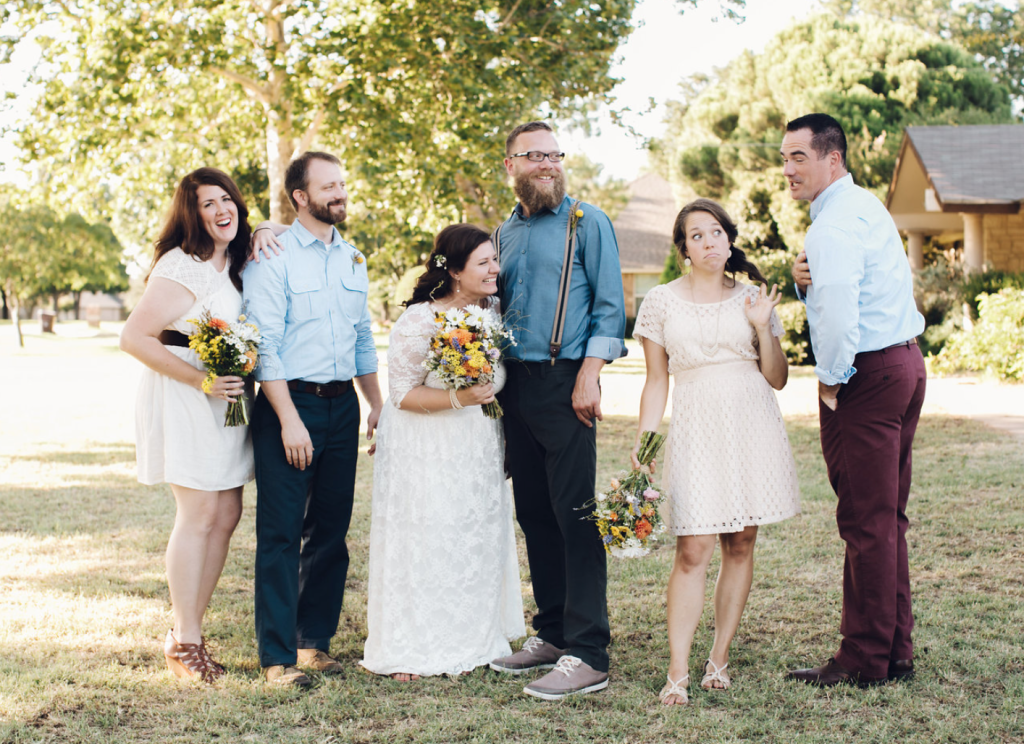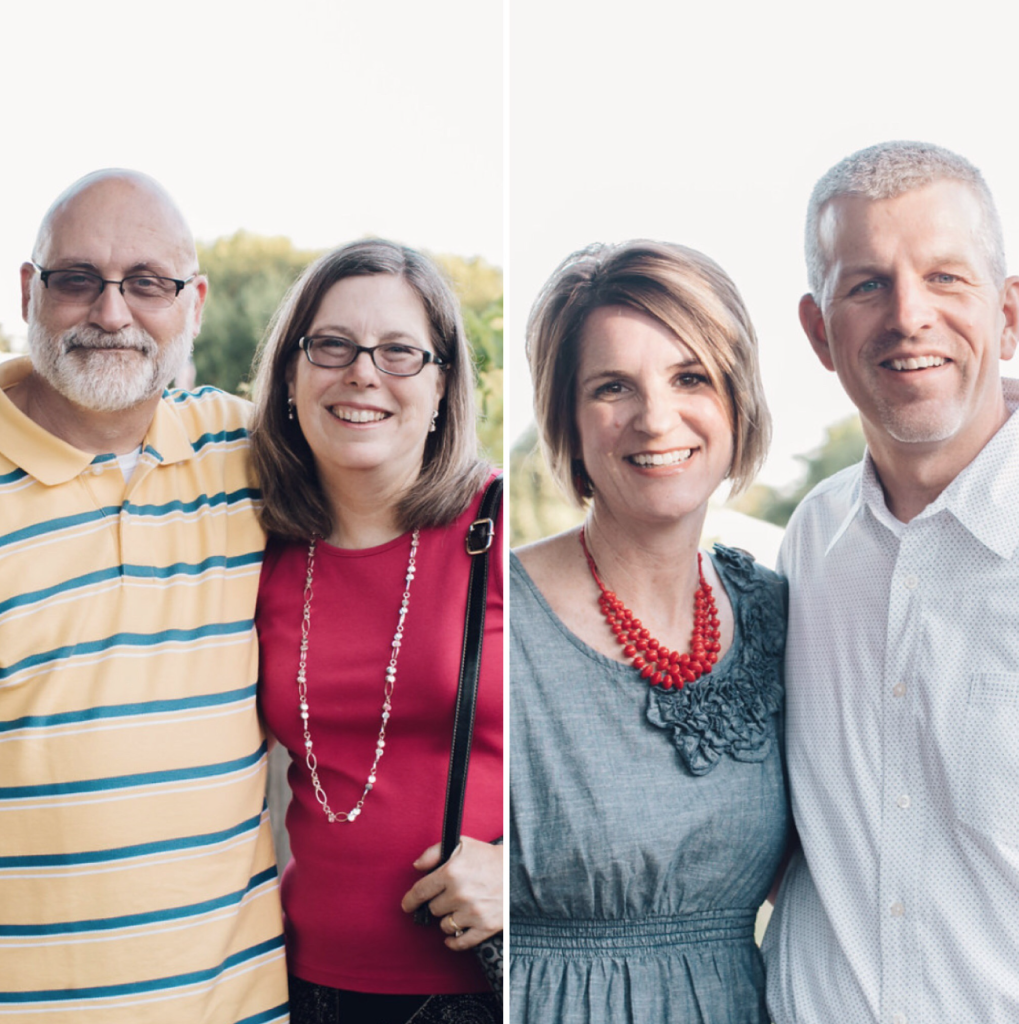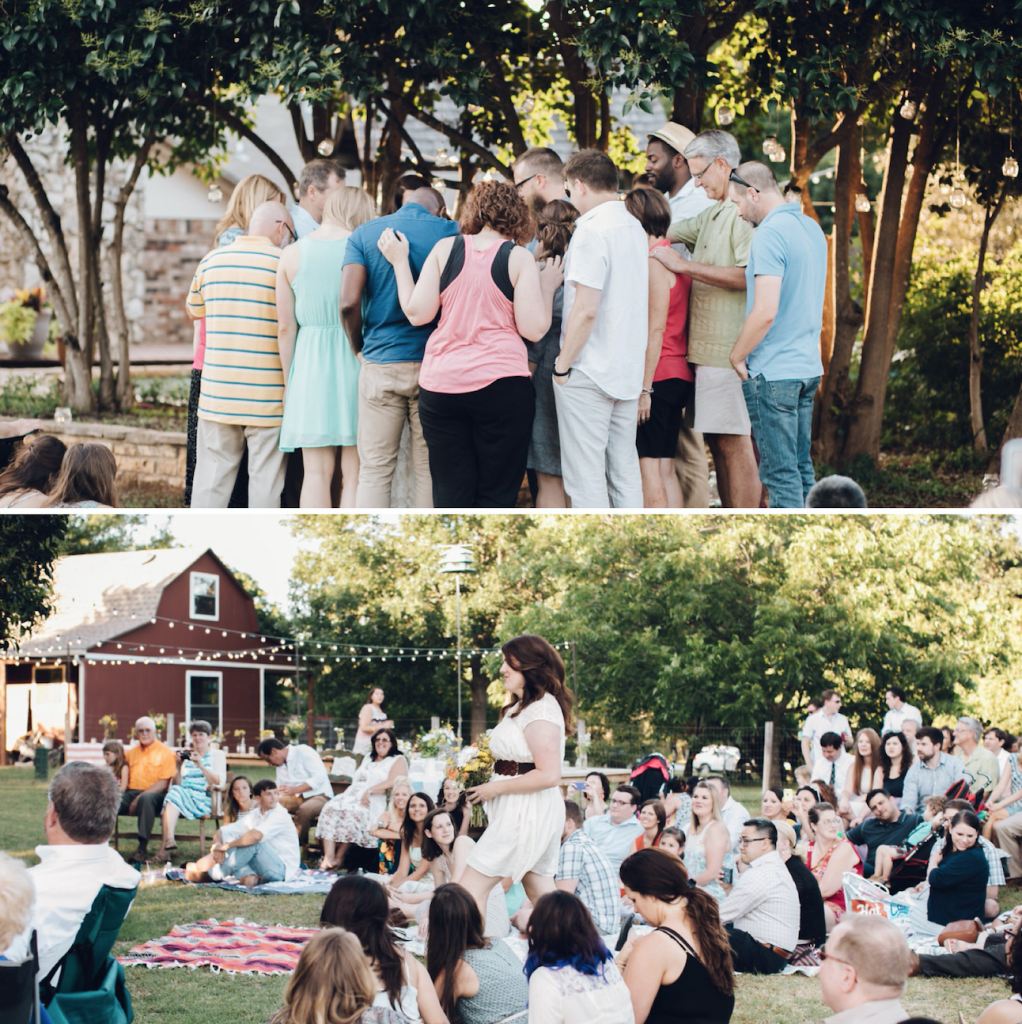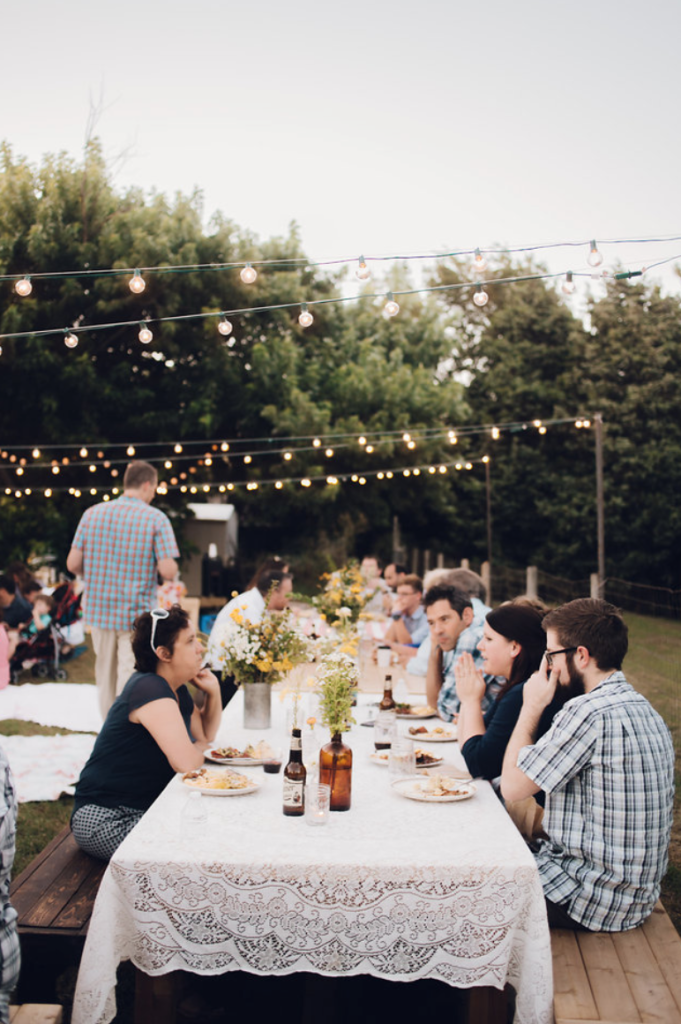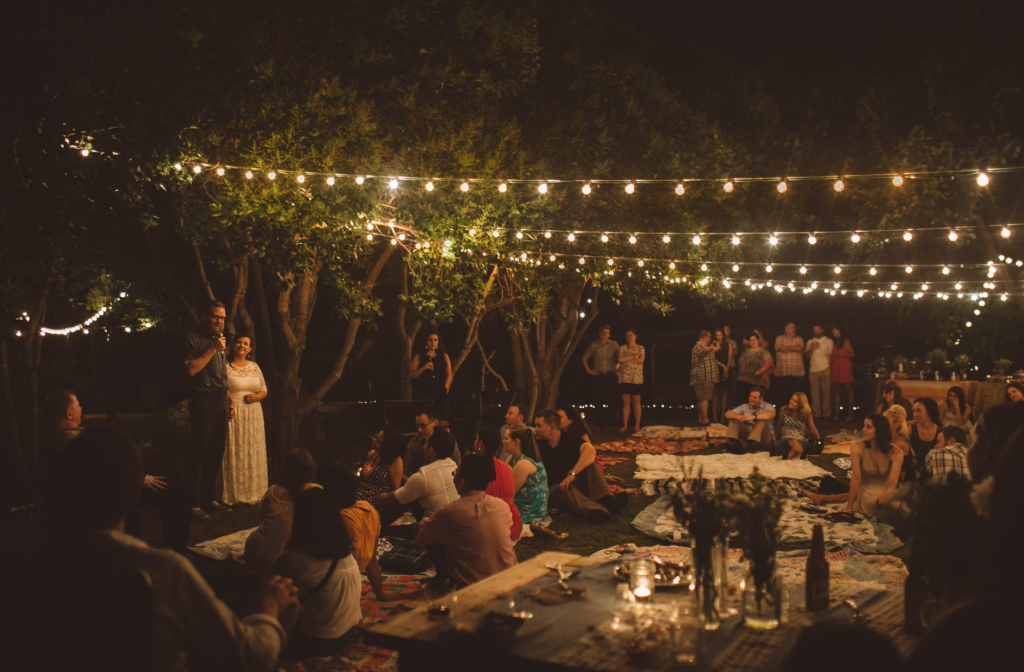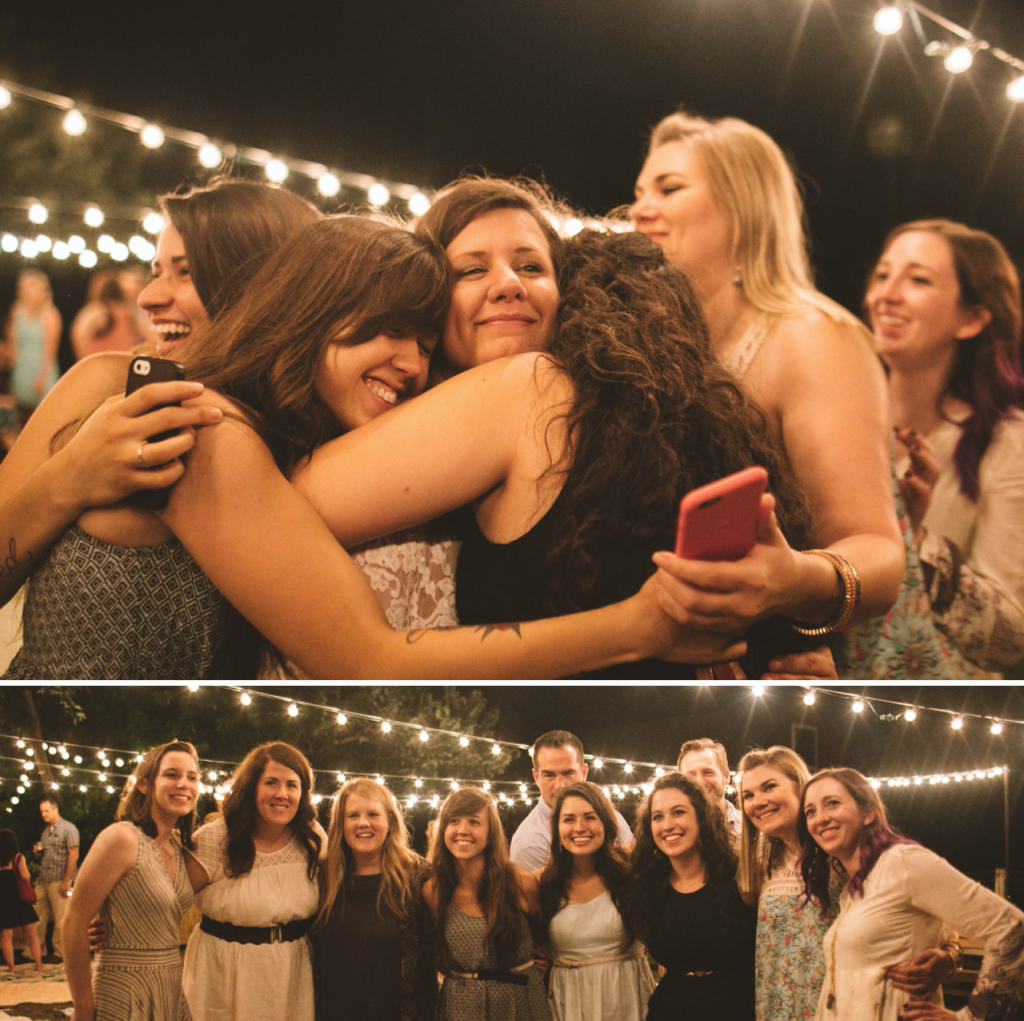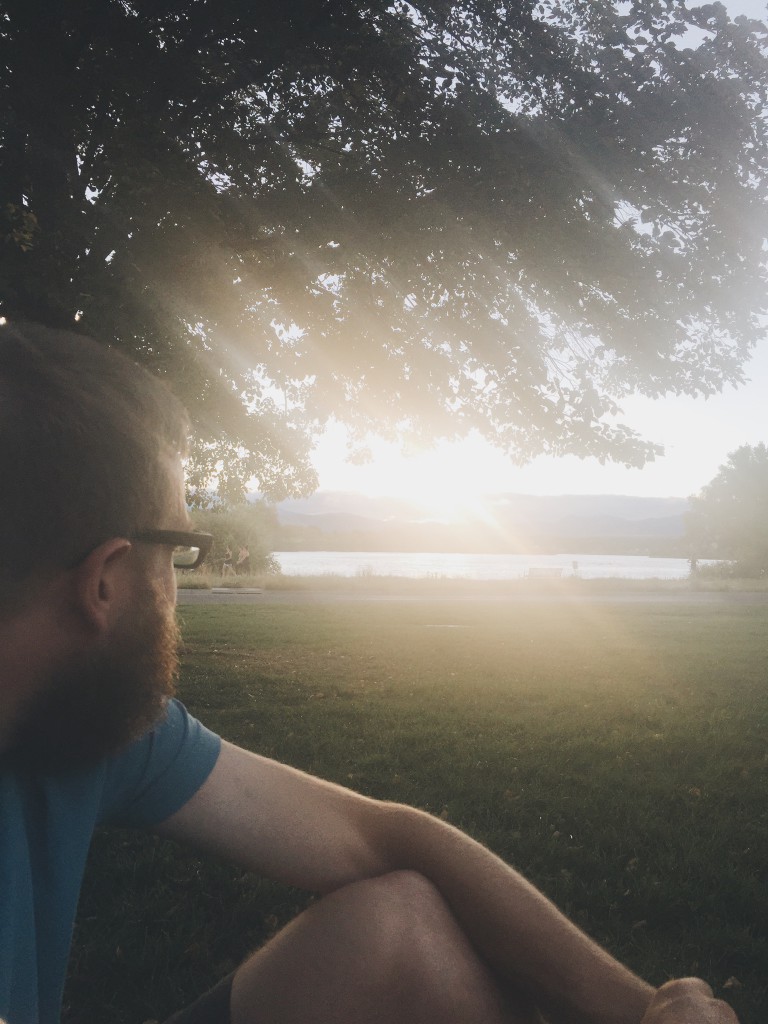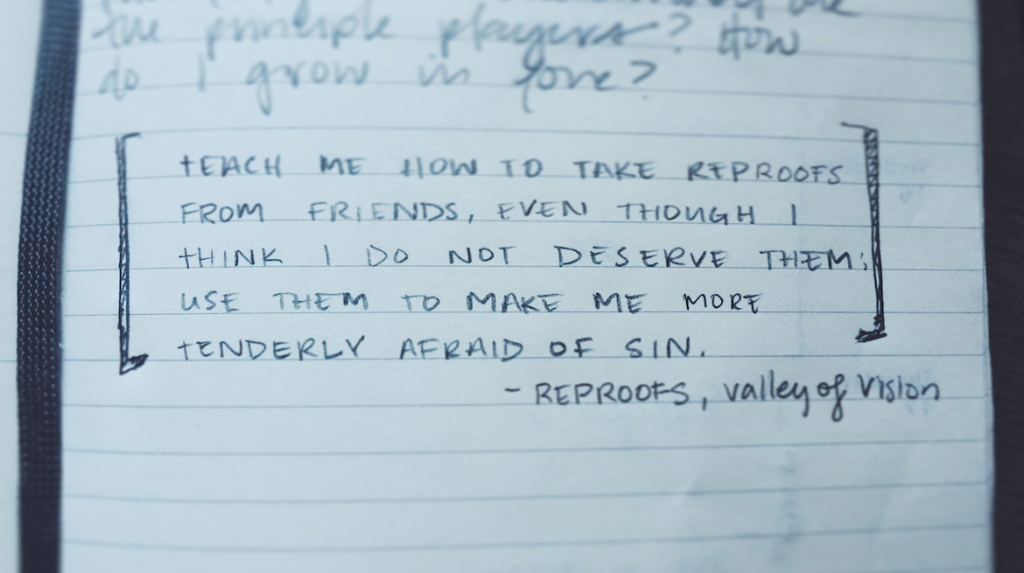Please Keep This Between Us
Please don't tell anyone else this, but I wanted to process something with you. If you could just keep it between you and me? I assume you know I wouldn't want it to get around, I want to make sure people really understand my side of things and that can only happen if I communicate about it directly. You understand right? I just tried to emotionally manipulate you. Did you fall for it?
There's a chair in the corner of my office at the church were I work. It's a shade of gold I can't quite name and its fabric is velour of sorts. Every week someone cries on that chair. Not a week has gone by that someone has not cried on that chair. Sometimes I'm the one crying on it. Often the person sitting there asks me to just keep this conversation between them and me, and every single time I have to say, "I'm sorry, I can't promise that."
There are some who are contractually obligated to keep secrets—lawyers, counselors, mobsters—but within the local church, "Just between you and me," is bedfellows with its sister, Gossip. They seem at odds, but they are actually two sides of the same coin.
Gossip wants to control the narrative by embellishing it, the other wants to control the narrative by being the only one to talk about it. Gossip wants to make the story interesting, the other wants to make the story one-sided. Neither reflect the words and meditations of a heart pleasing to God.
Friends, sometimes we show discretion in what we share to protect someone's heart, but if our aim is to craft a narrative or limit the narrative to our side only, we're lying, and God calls lying is a sin.
Here are three truths when we're tempted to hide within the narrative we've crafted:
1. God owns and knows the whole truth and we cannot hide from him.
Whenever I've been tempted to tell someone to keep something between us, I have to ask myself the question: "Whose narrative are you trying to present?" Sometimes there are a lot of moving pieces and we're not ready to make announcements public yet. But most of the time when I've used those words, I was trying to control the order in which people heard something, or I was trying to make sure my perspective was valued as sort of a secret treasure I entrusted to someone to hold.
The problem is, though, these things are too heavy for mere humans to hold. We weren't made to hold the weight of secrets. One of the first things humanity did was try to hide from God—but we can't hide from God! Whatever things we're doing to protect ourselves are as laughable as standing behind fig leaves in front of the Almighty Creator of those fig leaves. Controlling a story, crafting the perfect narrative, and trying to make people see things from our perspective are empty efforts.
God sees you, He knows your heart, He knows what you're protecting, and He knows why. Walk in truth and wholeness with your brothers and sisters, and Him. He can handle the whole mess of it all.
2. God orchestrates a better story than we can tell or keep from telling.
Without exception, every single time someone has said to me, "Please don't tell anyone this," the unveiling of their fears or concerns has been part of the working toward healing, redemption, and reconciliation in the body. So many of us are blindly walking around ignorant of our issues, complacent in our efforts, or unaware of problems. We need the iron sharpening of one another in the body of Christ. Here's why: the end of our story (which is really the beginning) is a better one than we can imagine in our moment of pain.
When we're blinded by the presence of pain, uncertainty, or misunderstanding, we can't imagine a good ending to the story. We just need to vent, to process, to express ourselves. But God is writing a better story and He's orchestrating all the smallest players to be a part of it.
If you must talk about something, talk about it with the intention of holistic healing, and talk first and only with the people involved in a godly solution—not with those jumping on a party bus heading straight for Division Canyon.
3. God has put His children in a body with different perspectives, different histories, and different gifts.
When we ask someone to keep something "just between us," we're asking them to stand on a desert island with us. We're asking them to alienate themselves from their covering and their counsel and join in solidarity with us away from something else. Friends, this is a sin. God always comes forward to us. He always initiates. He always invites in. He moves toward us in reconciliation—and his design for us is to do the same.
God puts us in the body of Christ to express those aspects of Himself to one another. He puts His cards on the table, all of them. There is nothing hidden with Him and in Him we live and move and have our being. He is the whole story—and He puts us along side one another in community to work out the expressions of Him on earth.
Don't live in a factionalistic society. We have an enemy, and our brothers and sisters in Christ aren't him.
. . .
My parents always used to say to my brothers and me, "There are three sides to every story, yours, his, and the truth," and the adage still stands. Your perspective is valid, but it is not the whole story. Trust God with the whole story, yours, theirs, and all of ours.


 Jesus,
You never promised the easy road, I know this. Your word says you didn't even have a place to lay your head at night.
Jesus,
You never promised the easy road, I know this. Your word says you didn't even have a place to lay your head at night.
